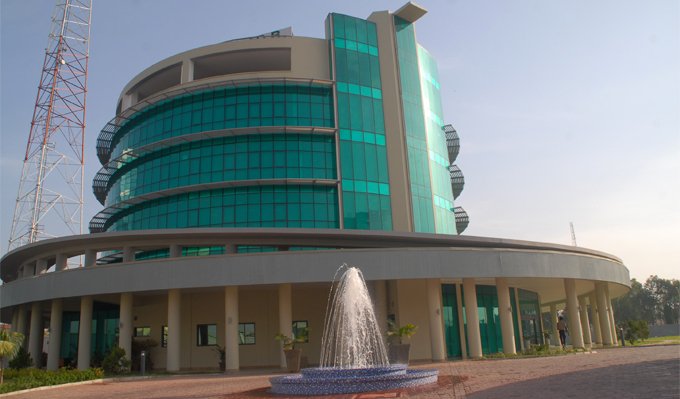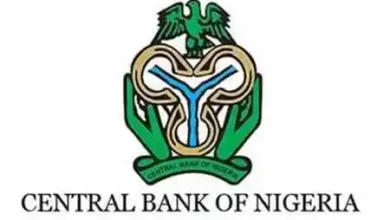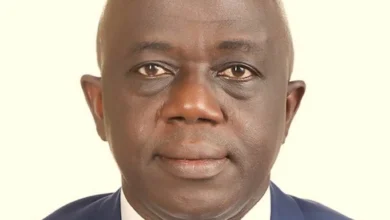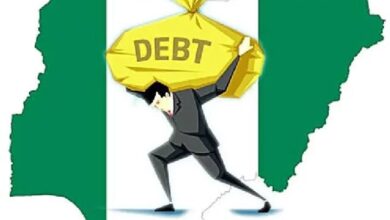Fiscal Tax Reforms Committee Proposes Establishment Of Nigeria Revenue Service

By Sunday Etuka, Abuja
As part of the ongoing tax harmonisation efforts of the present administration, the Presidential Fiscal Policy and Tax Reforms Committee has proposed the establishment of Nigeria Revenue Service (NRS), to replace the current Federal Inland Revenue Service (FIRS).
The Chairman of the Committee, Taiwo Oyedele revealed this while speaking at the Public Consultation Workshop for Journalists and Public Analysts held at Abuja Continental Hotel, on Monday.
Speaking on a topic: Proposed Changes to the National Tax Policy, Tax Laws, and Administration, Oyedele said, the committee is proposing that all the revenue collecting agencies like the FIRS, Nigeria Customs Service (NCS), Nigerian Ports Authority (NPA), the Nigerian Communications Commission (NCC), and others come under the Nigeria Revenue Service.
He added that when established, the over 100 revenue collecting agencies, including all the States Inland Revenue Services (IRS) would be under the NRS to avoid multiple taxation and duplication of tax audits.
According to him, the harmonisation of taxes, revenue agencies and collection functions was proposed to enable Ministries, Departments, and Agencies (MDAs), and regulators focus on their mandates.
The Committee also proposed that the Nigeria Tax Bill be structured to include only Companies Income Tax, Petroleum Profit Tax, Personal Income Tax, Capital Gains Tax, and Stamp Duties
Oyedele noted that one of the critical challenges facing the tax system in Nigeria is the shockingly high level of non-compliance as a result of low tax morale.
To reverse the trend, he said, the reforms is expected to “eliminate informal and implicit taxes, harmonise tax administration, rationalise tax incentives, leverage technology and big data, modernise customs administration, simplify compliance, optimise resources and government assets.
“Restructure the budget (classify items under infrastructure; human capital investment; personnel cost, headcount & productivity; administrative overheads; debt service and sinking funds), fully implemented zero-based budgeting, and introduce longterm appropriation.
“Tackle systemic corruption, prioritise spending on basic needs to address multidimensional poverty, restrict borrowing to productive spending and self-financing projects, leverage PPP and equity financing for viable projects, and enhance public procurement effectiveness.
“Leverage technology for revenue, debt, and expenditure management. Adhere to fiscal rules and benchmark with strict penalties for violations. Establish a national fiscal risk framework and processes to prevent, detect, and correct financial infractions.
“Harmonise and standardise reporting, provide transparent and timely information, enhance audit and internal control, and administer consequences”.
The Committee among other things recommended that Value Added Tax (VAT) on diesel be suspended, give tax waivers on Compressed Natural Gas (CNG), CNG conversion, and renewable energy items.
It also recommended the suspension of multiple taxes which place burdens on the poor and small businesses and compensate with windfalls revenue of certain agencies.
It recommended the development of a tax intelligence system “Data4Tax” to expand the tax net, modify tax Promax to allow part payment and waive penalty and interests on tax liabilities.
It recommended the curbing of corruption in revenue administration, and introduction of measures to enhance taxpayers trust, e.g. whistleblowing framework.
The Committee Chairman, however, informed that the Withholding Tax Regulations have been signed by the Minister of Finance, adding that the Proposed changes to withholding tax regulations include, exemption of small businesses from withholding tax obligations, lower rates for businesses with low margins, exemptions for manufacturers and producers such as farmers, and measures to curb tax evasion and avoidance.
While stating that one of the bottlenecks of the Committee is how to get the buy-in of policy markers and stakeholders , the Chairman said, plans are on to develop some templates for the sub-nationals to adopt.






